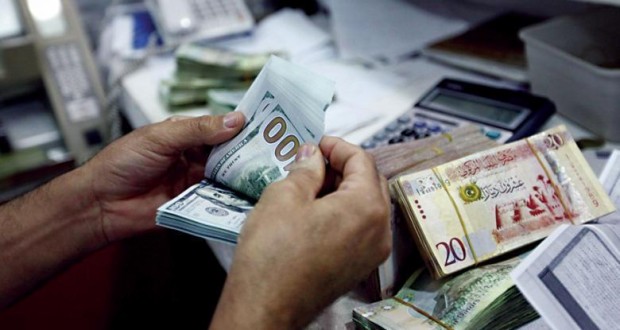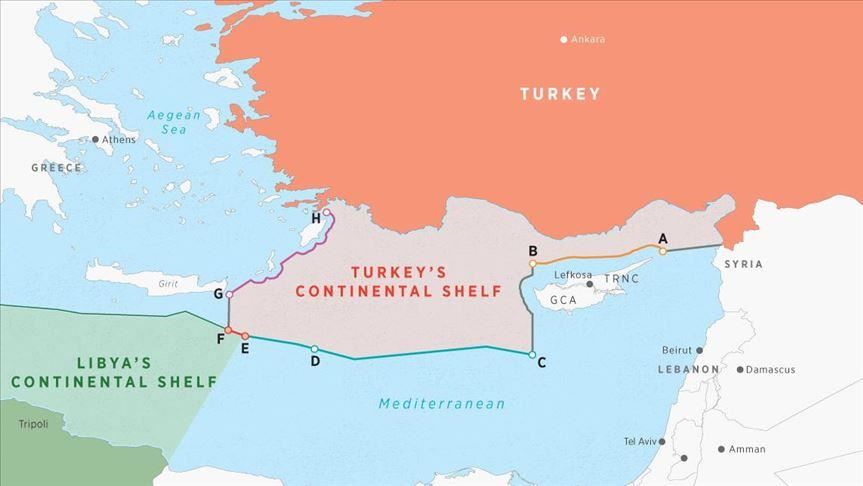Tensions between Libya’s Madkhali Salafis and the Dar al-Ifta
Published on 2022 October 17, Monday Back to articles
Libya’s Grand Mufti, Sheikh Sadiq al-Ghariani
Madkhalism is a term that has been used by some to describe followers of the Islamic University of Medina’s scholar, Rabi al-Madkhali, in his iteration of the Salafism doctrine. It focuses on the central tenet of ‘wali al-amr’ (‘responsible authority’) and the belief that the authority of a ruler or ruling power should not be questioned or challenged as long as they do not violate religious precepts. The movement differs from, and stands in opposition to, other more revolutionary Salafist currents and particularly those of a Salafi-Jihadi orientation — such as the Libyan Islamic Fighting Group (LIFG) and the Islamic State (IS) — and political Islamism such as the Muslim Brotherhood movement. The ideology was initially imported by Libyans who had studied at Salafi-linked institutions in Saudi Arabia and Yemen or who had been exposed to Madkhali Salafism through the religious teachings.
Political divisions that escalated in the summer of 2014 resulted in the creation of several parallel bodies based in eastern Libya. Among these were a parallel General Authority of Endowments and Religious Affairs (Awqaf) in the East. The developing links between Khalifa Haftar and the Madkhali current helped propel Madkhali Salafis to key posts within these eastern bodies thus giving the current even more influence in mosques and local branches of the Awqaf. In the west, Mohamed Abbani was appointed in late 2018 as head of the Tripoli-based Awqaf in late 2018. Abbani issued permits to several Madkhali Salafi imams, putting them on government payroll, and allowing them to deliver sermons and engage in other religious activities across the country. Abbani has also sought to replace the heads of regional Awqaf offices with Madkhali Salafis but there has been significant resistance to this in a number of towns including Misrata.
This week, for the first time, demonstrations took place in Algeria Square in downtown Tripoli calling for the dismissal of Abbani and involved anti-Salafism slogans. They were led by followers of the country’s controversial hardline Grand Mufti, Sheikh Sadiq al-Ghariani, who interestingly called for people to rise against radical Islamist movements (i.e. Salafism). Al-Ghariani heads the Dar al-Ifta which is an advisory, justiciary and governmental body. He was historically a world-renowned scholar in Maliki Islam — considered one of the most moderate approaches to Islam — but, since 2011, he has been involved in issuing fatwas on taking up arms and the responsibility to engage in Libya’s successive wars. He has taken a categorical and unapologetic stance against Khalifa Haftar. Al-Ghariani has close relations with Muslim Brotherhood — some might even label him as one of them — and was instrumental in justifying the NATO intervention in Libya in 2011 to Libyan revolutionaries.
Tensions between the Dar al-Ifta, led by al-Ghariani, and the Abbani-led al-Awqaf exacerbated last week on the occasion of the Mawlid which celebrates the birth of the Prophet Mohamed on 7 October. Salafis condemn the celebration of this occasion and deem it a sinful innovation in religion. Other Islamic currents in Libya — such as Sufis and other secular Libyan factions — have historically celebrated Mawlid and were angered to hear a unified Friday sermon in all state-controlled mosques reprimanding the practice. Observers recalled the mention of al-Awqaf and Abbani in the Audit Bureau’s recently published 2021 Report as potentially engaging in financially fraudulent activities, which only added to this anger.
While it is unlikely that the tensions between Salafis and other Muslim currents will result in any significant security repercussions, it is important to grasp the ideological dynamics. On both ends of the current power struggle, Salafi security forces are being manipulated to side with the ruling authority: the Libyan Arab Armed Forces (LAAF) in the east and south, and the Government of National Unity (GNU) in the west.
This excerpt is taken from our Libya Politics & Security weekly intelligence report. Click here to receive a free sample copy. Contact info@menas.co.uk for subscription details.


